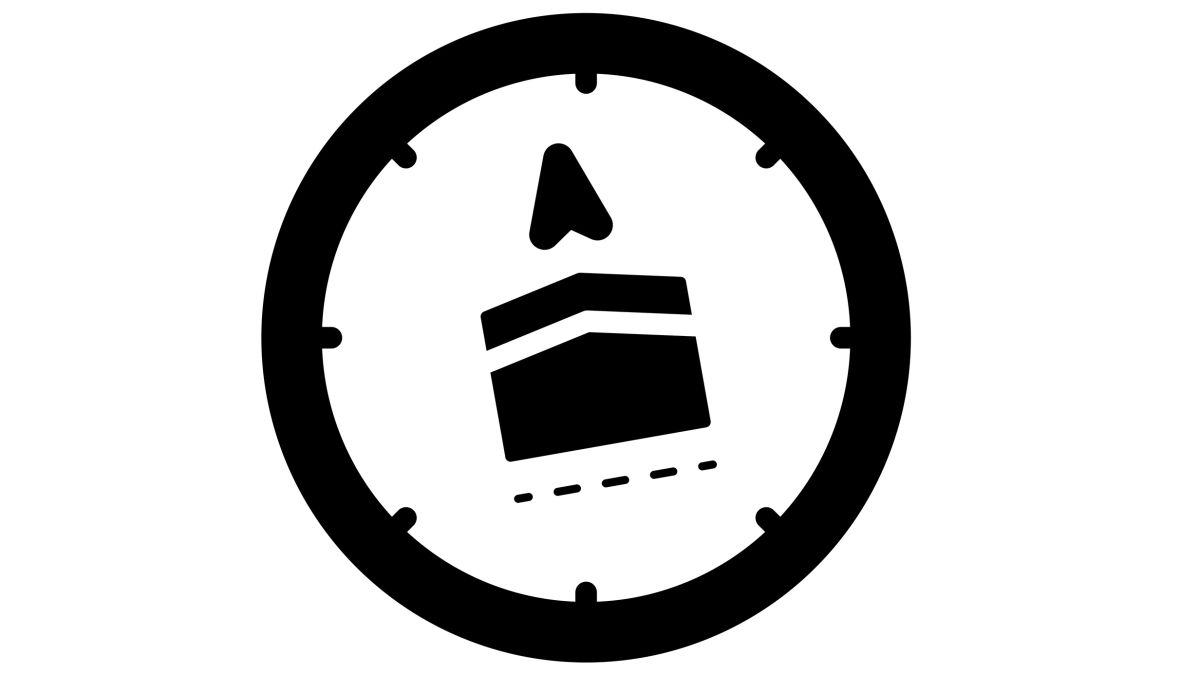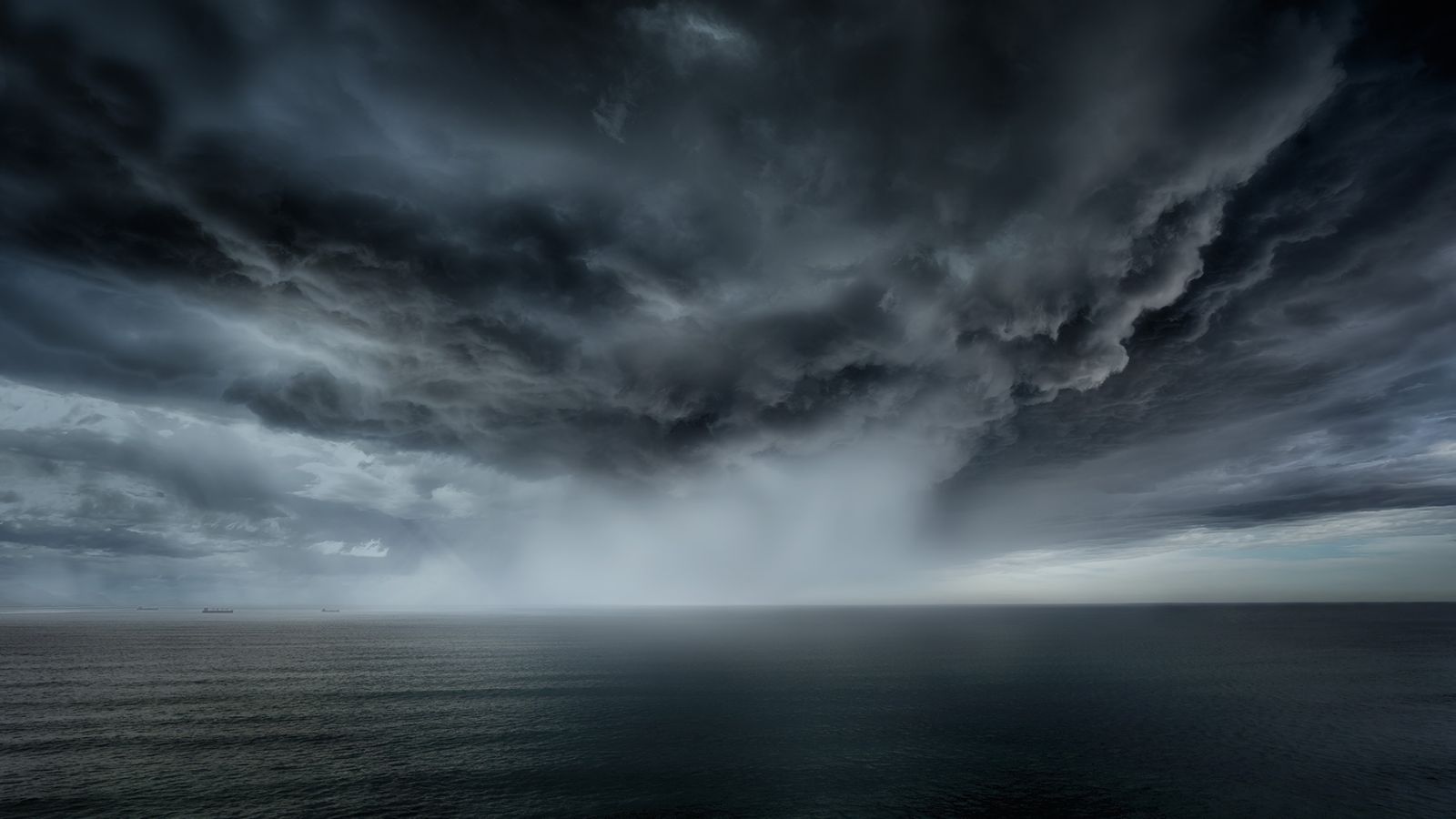The Ruling on Facing the Qiblah or Turning One’s Back to It Whilst Answering the Call of Nature
Imām Muḥammad ibn Ṣāliḥ al-ʿUthaymīn


The General Impermissibility of Facing the Qiblah or Turning One’s Back to It When Answering the Call of Nature
It is ḥarām [according to the ḥanbalī madh`hab] to face the qiblah or turn one’s back to it [when answering the call of nature]. [The evidence for this] is the ḥadīth narrated by Abū Ayyūb (رضي الله عنه) that the Prophet (ﷺ) said:
‘Do not face the qiblah or turn your backs to it while urinating or defecating. Rather, face the east or the west.’
Abū Ayyūb said: ‘When we came to al-Shām1, we found the lavatories built facing the Kaʿbah. So we used to turn away from them, and ask Allāh for forgiveness.’2
In his saying (ﷺ): ‘Do not face it or turn your backs to it’ there is a prohibition. Contextually, any prohibition would signify unlawfulness [ḥarām].
This ḥadīth also proves that slightly inclining away from the qiblah is insufficient. This is because he said: ‘Rather, face the east or the west.’ This denotes completely turning away from it. However, the command to: ‘face the east or the west’ is directed at a people who would not face the qiblah if they turned to their east or west, nor would they have their back to it like the people of Madīnah [i.e. if they were to face the east or the west]. Their [the people of al-Shām’s] qiblah is to the south. So, if they were to face the east or the west the qiblah would be situated on their right or their left. Thus, if a people were to turn to the east or the west and find themselves facing the qiblah, they should face the north or the south [when answering the call of nature].
The wisdom [behind this prohibition]: showing respect to the qiblah when facing it and turning one’s back to it.
Exceptions to the General Impermissibility of Facing the Qiblah or Turning One’s Back to It When Answering the Call of Nature
The exception to this prohibition [according to the ḥanbalī madh`hab] is if one is in a built-up structure. In such an instance, it would be permissible to face the qiblah or turn one’s back to it. [The evidence for this] is the ḥadīth narrated by Ibn ʿUmar (رضي الله عنهما) who said: ‘One day I climbed to [the top] of my sister’s house, Ḥafṣah, and I saw the Prophet (ﷺ) sitting to answer the call of nature facing the direction of al-Shām [i.e. north], with his back towards the qiblah [i.e. in the south].’3 This [exception] is the most well-known opinion in the [ḥanbalī] madh`hab. To the extent that they [ḥanbalī jurists] say: If not a fully built structure, a hung cloth is sufficient [for this ruling] [i.e. like a tent or canopy]. Similar to this would be if one was to turn towards a created sand dune or a tree or the like [to answer the call of nature].
Jurists Who Hold That No Exemptions Apply to The General Impermissibility of Facing the Qiblah or Turning One’s Back to It When Answering the Call of Nature
However, other scholars say: It is impermissible to face the qiblah or turn one’s back to it, whether a person is in a built structure or otherwise. This [opinion] is also narrated from Imām Aḥmad. They say: This is the stipulation of the ḥadīth of Abū Ayyūb, both from a judicial and practical standpoint.
Concerning the ḥadīth of Ibn ʿUmar, they say:
- This occurrence was before the prohibition [as in the ḥadīth of Abū Ayyūb]. Prohibition should be taken over [permissibility]. This is because prohibition disrupts the staus quo, and that which disrupts is more deserving of being adopted.
- The ḥadīth of Abū Ayyūb contains discourse, while the ḥadīth of Ibn ʿUmar contains action. Actions cannot be adopted over discourse. This is because his (ﷺ) actions can be attributable to exceptional circumstances, or forgetfulness or some other excuse [while his words cannot].
Nonetheless, this possibility is objectionable. The natural state of affairs is that we imitate and copy him (ﷺ). Also, there is no complete contradiction between his actions and sayings in this matter. If there was, we could say that his actions reflect some exceptional circumstance [not addressed in the ḥadīth of Abū Ayyūb]. However, we can easily take the ḥadīth of Abū Ayyūb as applying to a circumstance wherein someone is outside of a built structure and the ḥadīth of Ibn ʿUmar wherein he turned his back [to the qiblah] as applying to when someone is in a built structure.
Understanding the Difference in Opinion on Facing the Qiblah or Turning One’s Back to It When Answering the Call of Nature
The correct opinion in this matter is that it is permissible for one to turn his back to the qiblah [while answering the call of nature] in a built structure, but it is impermissible for him to face it [while in such a structure]. This is because the prohibition of facing it remains, and has not been elaborated upon nor has it ever been forgone for some exceptional circumstance. As for the prohibition of turning one’s back to the qiblah [while answering the call of nature], an exemption has been related which is when one is in a built structure as evidenced by the actions of the Prophet (ﷺ) [in the ḥadīth of Ibn ʿUmar].
Also, turning one’s back to it is less disrespectful than facing it [while answering the call of nature]. Considering this—and Allāh knows best—circumstantial respite has been granted when one is inside a built structure.
The best [course of action] is to avoid turning one’s back to it altogether [while answering the call of nature] if this is possible.
Furthermore, facing the qiblah may be ḥarām like in this issue. It may be obligatory like in ṣalāh. It may be makrūh [disliked] such as during the Friday sermon, it is disliked for the khaṭīb to face the qiblah and turn his back to the people. It may also be mustaḥabb [liked] such as when making an invocation, or performing wuḍūʾ. To the extent that some scholars say: It is better to face the qiblah during the performance of any act of obedience until evidence [from the Sunnah] proves otherwise. Although there is weakness in this opinion. This is because if we were to make such a thing a rule, we would contradict the well-known principle that the origin of all acts of worship is impermissibility [i.e. no act of worship is performed except with evidence from the Qurʾān or the Sunnah, unevidenced acts of worship are bidʾah and thus ḥarām].
Endnotes:
1. Al-Shām: refers to all settlements located north of Madīnah geographically.
2. Authentic: narrated by al-Bukhārī: 394 and Muslim: 264
3. Authentic: narrated by al-Bukhārī:148 and Muslim: 266
Source: Al-Sharḥ al-Mumtiʿ 1: 123-126
Translated by: Riyāḍ al-Kanadī
Most Popular: Last 30 Days

















